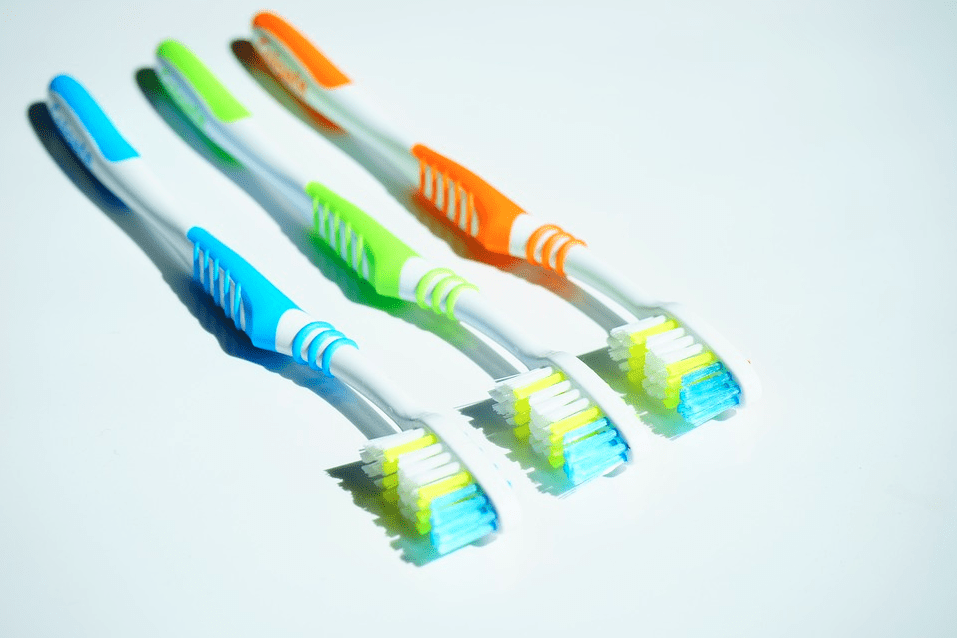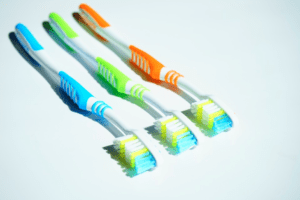
Unexpected dental issues can arise when you least expect them. Knowing how to respond swiftly can make all the difference in saving a tooth. At Sweet Spot Dental, your trusted dentist in Cambridge, we’re here to guide you through dental emergencies and ensure your oral health remains intact.
Understanding Dental Emergencies
A dental emergency encompasses any injury to your teeth or gums that requires immediate attention to prevent permanent damage. Delaying treatment can exacerbate the issue, so it’s crucial to contact our office promptly when faced with such situations. Provide us with detailed information about the injury for personalized guidance and recommendations.
Common Dental Injuries and Care
- Knocked-Out Tooth: If a tooth gets knocked out, handle it carefully by rinsing it with water (if dirty) and keeping it moist. Try to reposition it gently in the socket if possible. Alternatively, store it in milk or a saline solution until you can reach our dental office for prompt treatment.
- Chipped or Cracked Tooth: Preserve any tooth fragments and rinse your mouth with warm water. Apply a cold compress to reduce swelling and alleviate pain until you can see us for further evaluation and treatment.
- Objects Caught Between Teeth: Use dental floss to gently dislodge the object. Avoid using sharp objects like pins, as they can cause additional harm. If unsuccessful, seek professional assistance from our dental team.
- Soft Tissue Injuries: Injuries to the tongue, cheeks, gums, or lips may result in bleeding. Rinse your mouth with mild salt water and apply a moistened piece of gauze to the bleeding area. Use a cold compress to reduce pain and swelling. If bleeding persists, contact our dental office for guidance.
Preventing Dental Emergencies
Taking preventive measures can significantly reduce the risk of dental emergencies. Remember to:
- Wear a mouthguard when participating in sports to protect your teeth from trauma.
- Avoid chewing on hard objects like ice, popcorn kernels, or hard candy that can lead to tooth damage.
- Refrain from using your teeth as tools to cut or open objects; opt for scissors instead.
Contact Sweet Spot Dental in Cambridge for Dental Emergencies
If you experience a dental emergency, don’t hesitate to reach out to our Cambridge dental office immediately. We’ll provide you with expert guidance and instructions on how to manage the situation until you can visit us for comprehensive care. For any additional questions or concerns regarding dental emergencies, feel free to contact us. Your oral health and well-being are our top priorities at Sweet Spot Dental.
Sweet Spot Dental
Phone: (617) 945-1974
Url: https://sweetspotdental.com/
763 Massachusetts Ave., Suite 1
Cambridge, MA 02139
























